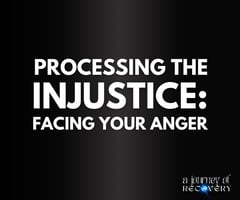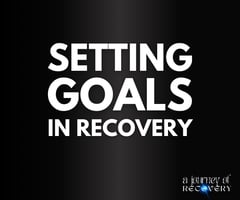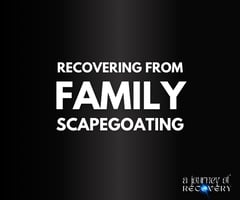Harness the power of journaling to navigate the complex emotions of anger and pain stemming from...
Narcissistic Abuse: The Silent Epidemic
Due to its covert nature, narcissistic abuse is a silent epidemic and because it is being hidden in the shadows, it inflicts untold pain on millions worldwide.
Understanding Narcissistic Abuse: The Silent Epidemic
Narcissistic abuse is a form of emotional and psychological manipulation inflicted by someone with narcissistic tendencies. It is often covert, making it difficult to recognise and even harder to escape. The perpetrator, typically a parent or partner - but sometimes an adult child - uses tactics such as gaslighting, belittling, and emotional blackmail to maintain control over their victim.
For children, the impact of this can be profound and long-lasting. This form of abuse can erode self-esteem, create feelings of unworthiness, and lead to complex emotional and mental health issues. In my own life, the psychological abuse inflicted by my mother continued until I was in my 40's and I did not realise that her behaviour is not normal.

Recognising the Signs and Breaking Free
Recognising the signs of narcissistic abuse is the first step towards recovery. These signs may include constant criticism, lack of empathy, manipulation, and an overwhelming sense of guilt or obligation.
Breaking free from this situation can be immensely challenging. It often involves setting firm boundaries, seeking external support, and sometimes, making the difficult decision to distance oneself from the relationship so you can heal.
The Healing Process: Steps to Compassionately Reclaim Your Life
The healing process from narcissistic abuse is not linear, and it requires patience and self-compassion. Key steps include acknowledging the abuse, allowing yourself to grieve, and working towards forgiveness—not necessarily for the abuser, but for your own emotional wellbeing, so that you can let go of the pain and thereby reduce suffering.
Engaging in therapy, journaling, and practicing mindfulness can also be immensely beneficial in this journey.
Adopting a Body, Mind, Spirit Approach
Healing from narcissistic abuse necessitates a holistic approach that incorporates the body, mind, and spirit. This means addressing not only the emotional and psychological wounds but also the physical trauma, and spiritual aspects of healing.
Practices such as yoga, meditation, and spiritual counseling can help restore a sense of balance and peace.
Healing Physical Trauma: EMDR and Somatic Experiencing
Physical trauma often accompanies emotional abuse. Techniques like Eye Movement Desensitization and Reprocessing (EMDR) and somatic experiencing (SE) are effective in addressing and healing physical manifestations of trauma.
These therapies help release stored trauma from the body and reprocess traumatic memories, allowing for a more comprehensive recovery.
Rebuilding Self-Esteem and Self-Worth
One of the most insidious effects of narcissistic abuse is the erosion of self-esteem and self-worth. Rebuilding these aspects of yourself requires consistent and deliberate effort.
Affirmations, self-compassion exercises, and engaging in activities that bring joy and a sense of accomplishment can be instrumental in this process.
Finding Support and Building a Healthy Future
Support is crucial in the recovery journey. This can come from trusted friends, support groups, or professionals who specialise in trauma and narcissistic abuse recovery.
Building a healthy future involves creating new, positive relationships, setting firm boundaries, and continuing to practice self-care and self-love.


